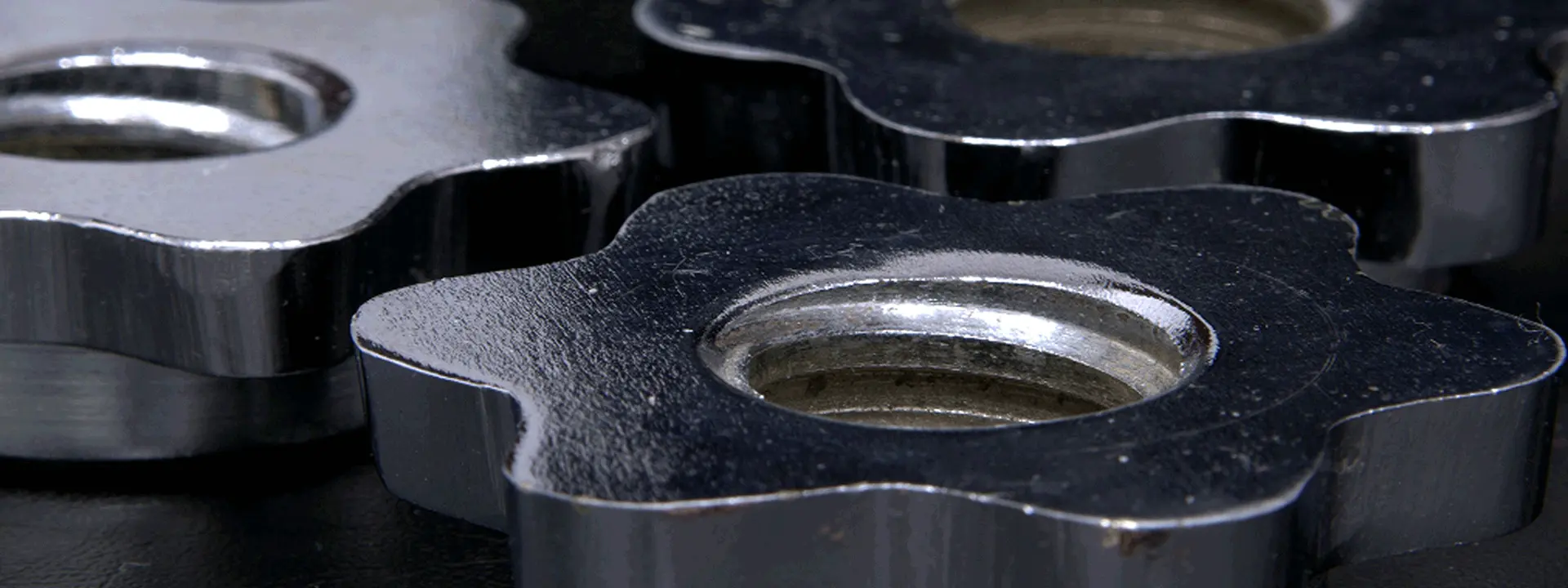
Many electrical fasteners are constructed from materials that resist corrosion, such as stainless steel or corrosion-resistant alloys. This property enhances the longevity of this power distribution hardware, especially in environments prone to moisture and other corrosive elements.
These types of electric power fittings with features like locking mechanisms or self-locking designs provide increased resistance to vibrations. This is particularly important in fastener applications where mechanical vibrations may occur, as it helps maintain the integrity of electrical connections over time.
Some electrical fasteners are designed to withstand high temperatures, making them suitable for applications where heat resistance is essential. This characteristic ensures the stability and reliability of electrical connections in demanding environments.

Wood Screws: Designed for use in wood, these screws typically have a coarse thread and are available in various lengths and diameters.
Machine Screws: Used to fasten metal parts together, machine screws have a uniform diameter and may have a variety of head types (e.g., pan, flat, round).
Sheet Metal Screws: Designed for use in thin metal sheets, these electrical fasteners often have a sharp point and fine threads.
Hex Bolts: Have a hexagonal head and require a wrench for tightening. These fastener wholesale are commonly used in structural applications.
Carriage Bolts: Have a rounded head and a square neck beneath it, preventing the bolt from turning during installation.
Eye Bolts: Feature a looped head and are used to attach cables or other hardware.
Hex Nuts: Hexagonal nuts are the most common and are used with bolts. They come in various grades and finishes.
Lock Nuts: Designed to resist loosening under vibration or torque, these custom made fasteners include nylon-insert lock nuts and prevailing torque lock nuts.
Wing Nuts: Have "wings" that allow for hand tightening without tools.
Concrete Anchors:This type of fastener hardware is used to secure objects to concrete surfaces.
Wall Anchors: Designed for use in drywall or other hollow materials.
Toggle Bolts: Expand behind the wall to provide additional support.
Blind Rivets: Installed from one side and are used when access to the backside is limited.
Solid Rivets: This electrical fastener requires access to both sides and are often used in heavy-duty applications

If You Have Any Questions or Suggestions About Line Equipment, Let Us Know, We Will Reply As Soon As Possible.